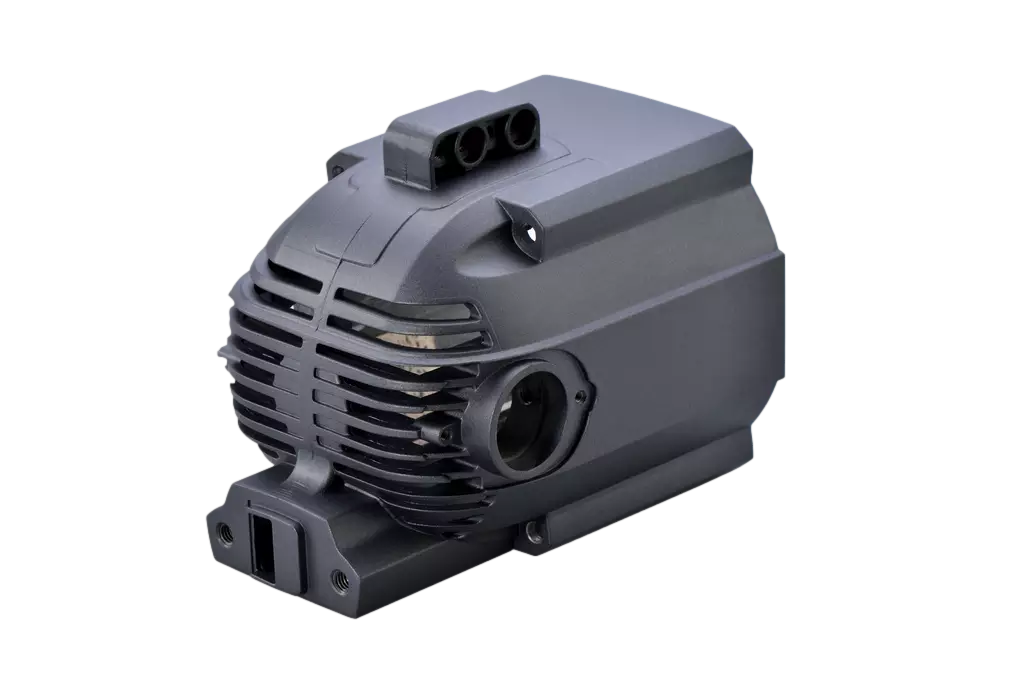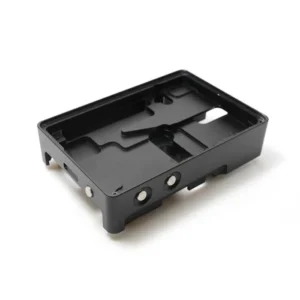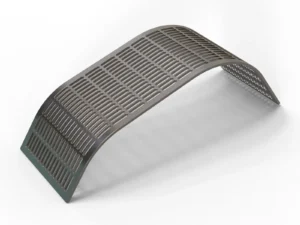Die casting is a versatile manufacturing process that involves the production of metal parts with high precision and excellent surface finish. It is widely utilized in various industries, such as automotive, aerospace, electronics, and more. Central to the die casting process is the selection of the appropriate metal alloy.
In this blog, Turnkey will explore the most common metals used in die casting, highlighting their properties and applications.
Aluminum Alloys
Aluminum alloys are by far the most widely used metals in die casting due to their exceptional properties. They exhibit excellent strength-to-weight ratios, good corrosion resistance, high thermal conductivity, and superb machinability. Additionally, aluminum alloys offer good dimensional stability and can be easily recycled, making them environmentally friendly. Common aluminum alloys used in die casting include:
a. A380: This alloy offers excellent fluidity, high strength, and excellent corrosion resistance.
Application: it’s suitable for a wide range of applications, including automotive components, electrical housings, and consumer products.
b. A383: A variant of A380, this alloy provides improved ductility
Application: it is commonly used for complex-shaped components and intricate designs.
c. ADC12: Known for its exceptional castability, ADC12 exhibits excellent strength, impact resistance, and dimensional stability.
Application: It is commonly used in automotive parts, electrical connectors, and power tools.
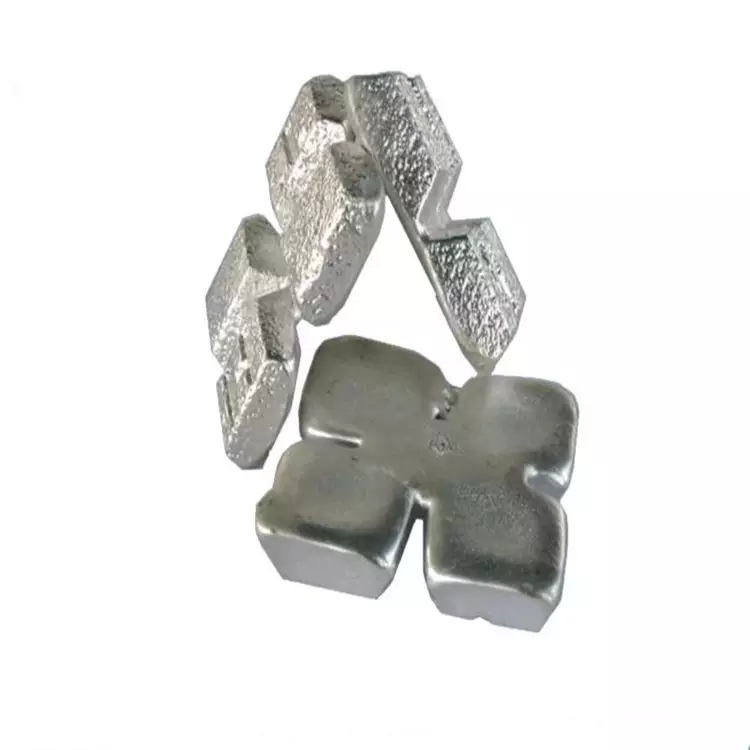
Zinc Alloys
Zinc alloys are another popular choice for die casting applications. They offer excellent casting properties, intricate detail reproduction, and high strength. Zinc alloys are also highly durable, corrosion-resistant, and have low melting points, making them ideal for producing complex components. Some commonly used zinc alloys include:
a. Zamak 3 (ZnAl4): This alloy is widely used in the die casting industry due to its excellent combination of mechanical properties, dimensional stability, and cost-effectiveness.
Application: it finds applications in the automotive, electronic, and consumer goods industries.
b. Zamak 5 (ZnAl4Cu1): Zamak 5 offers higher strength and hardness compared to Zamak 3.
Application: it is suitable for components subjected to higher loads or wear.
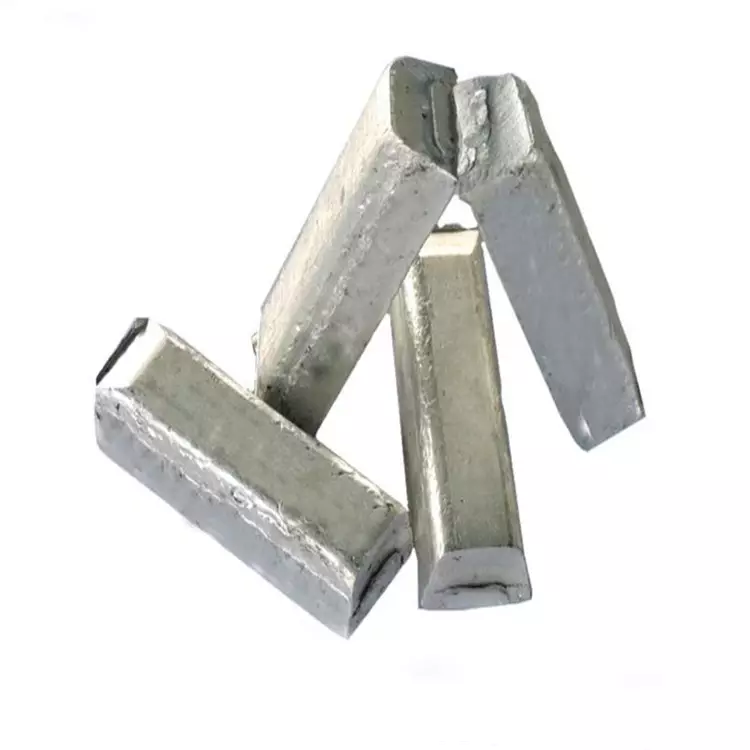
Magnesium Alloys
Magnesium alloys are gaining popularity in die casting due to their exceptional strength-to-weight ratio, high thermal conductivity, and excellent dimensional stability. Magnesium die castings are lighter than aluminum or zinc castings, making them ideal for applications where weight reduction is crucial. Some common magnesium alloys used in die casting include:
a. AZ91D: This alloy offers excellent strength, ductility, and impact resistance.
Application: it is suitable for automotive components, electronic devices, and sporting goods.
b. AM60B: With improved corrosion resistance compared to AZ91D, AM60B.
Application: it is commonly used in automotive transmission cases and housings.
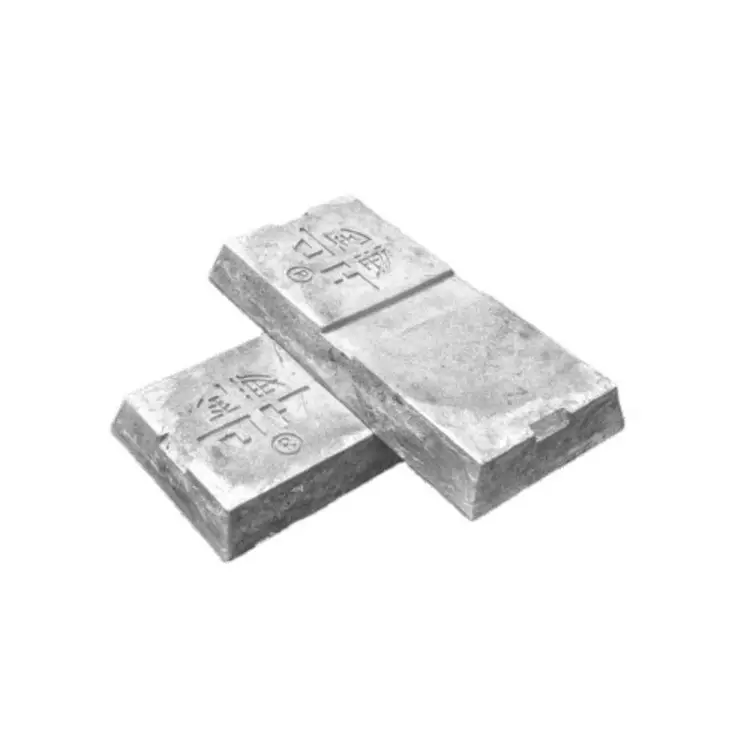
Copper Alloys
While less common in die casting than aluminum, zinc, or magnesium, copper alloys are favored for their excellent thermal and electrical conductivity. Copper die castings are often utilized in electrical and electronic applications that require high conductivity and superior heat dissipation. Common copper alloys used in die casting include:
a. C36000: Known as “free-cutting brass,” C36000 offers excellent machinability.
Application: it is commonly used for plumbing fittings, valves, and electrical connectors.
b. C95400: This aluminum bronze alloy provides high strength, corrosion resistance, and wear resistance.
Application: it is suitable for applications such as gears, bushings, and marine hardware.
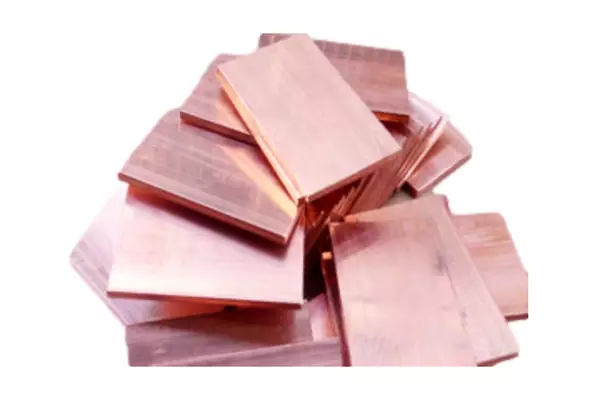
Steel Alloys
Steel alloys are occasionally used in die casting, particularly for applications that require high strength and durability. However, die casting steel is a specialized process that involves higher temperatures and pressures compared to other metals. Steel alloys offer excellent mechanical properties, including high tensile strength and hardness. Some commonly used steel alloys in die casting include:
a. Carbon Steel: Carbon steel alloys are known for their strength, toughness, and wear resistance.
Application: they find applications in industries such as automotive, construction, and machinery.
b. Stainless Steel: Stainless steel alloys provide excellent corrosion resistance.
Application: Commonly used in applications where hygiene, aesthetics, and durability are essential, such as kitchenware, medical instruments, and marine components.
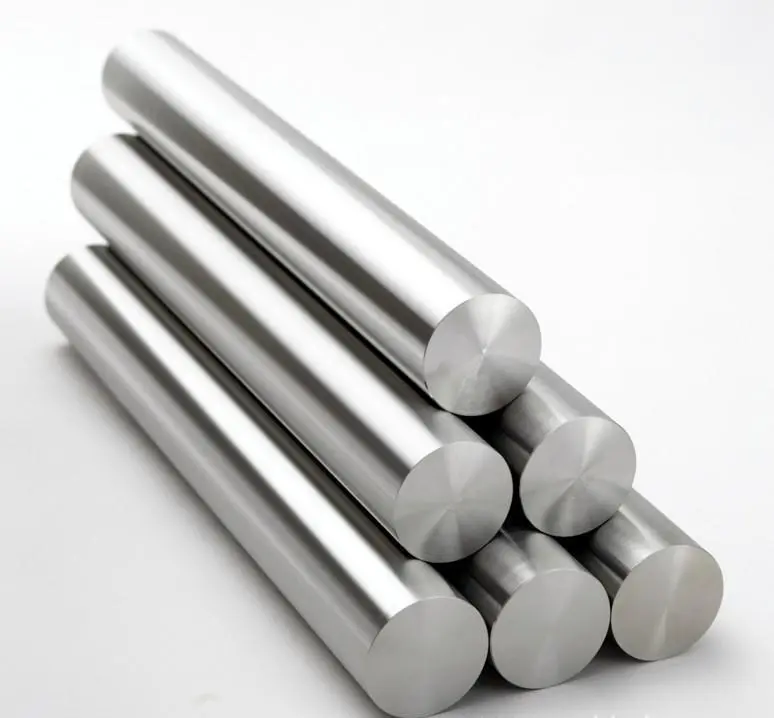
Brass Alloys
Brass alloys, primarily composed of copper and zinc, are occasionally used in die casting for specific applications. They offer good strength, excellent machinability, and corrosion resistance.
Application: brass die castings are often employed in decorative and functional applications, such as plumbing fittings, locks, and musical instruments.
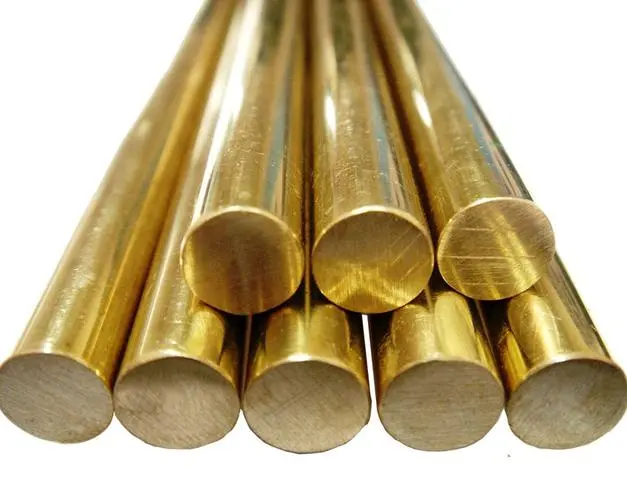
Tin Alloys
Tin alloys, particularly tin-lead alloys, were widely used in die casting in the past. However, due to environmental concerns associated with lead, their use has significantly diminished. Tin alloys are known for their low melting points, good castability, and excellent corrosion resistance.
Application: they are still occasionally used for specialized applications, such as in the electronics industry.
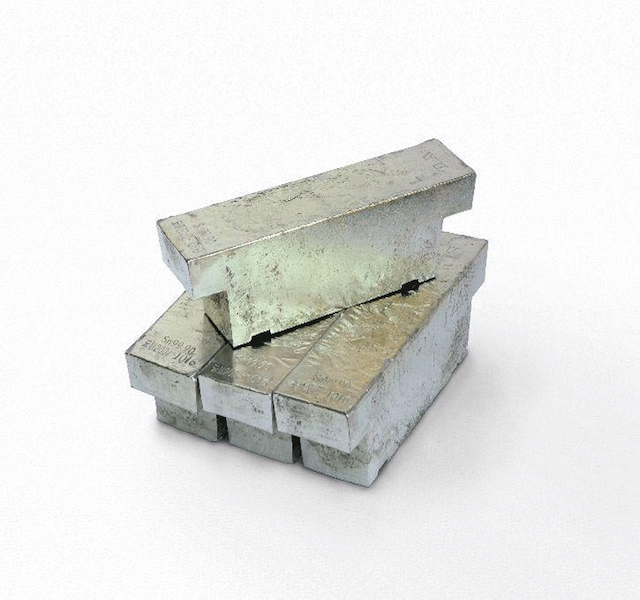
Other Alloy Variations
Apart from the aforementioned metals, there are numerous other alloy variations used in die casting. These include hybrid alloys, such as aluminum-silicon, aluminum-copper, or magnesium-aluminum combinations. These alloys are formulated to provide specific properties, such as improved strength, thermal conductivity, or casting performance, based on the requirements of the intended application.
Conclusion
Die casting is a highly versatile manufacturing process, and the choice of metal alloy plays a vital role in determining the quality and functionality of the produced components.
While aluminum alloys remain the most commonly used metals in die casting due to their lightweight, strength, and recyclability, other metals such as zinc, magnesium, copper, steel, brass, and tin alloys are also employed for specific applications.
Understanding the unique properties and applications of these metals allows manufacturers to select the most suitable alloy for their specific requirements, ensuring the production of high-quality die castings.
As technology advances and new alloys are developed, the world of die casting continues to evolve, offering improved performance, efficiency, and sustainability in diverse industries.


